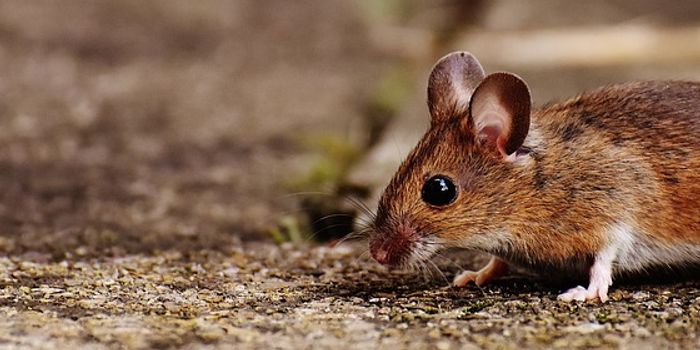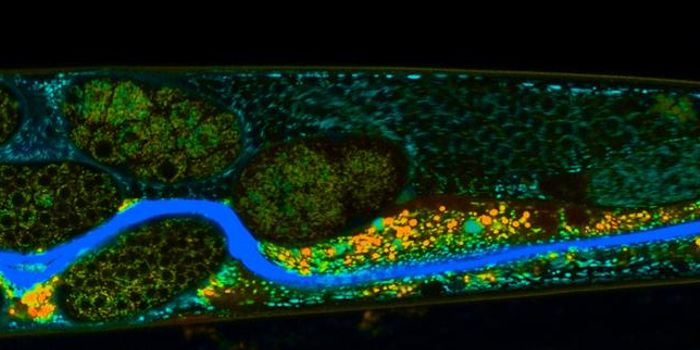'Artificial Womb' Successfully Keeps Premature Lambs Alive
Premature births are somewhat of a problem, not just for humans, but also for animals. The main issue with premature births is that the newborn doesn’t always have as good of a shot at surviving as those born at just the right time. In many cases, premature newborns will exhibit health complications their entire lives, and in other cases, they won’t make it to tell the tale.
On the other hand, scientists have managed to keep premature lamb babies alive for a several weeks following their early births with the help of artificial ‘wombs’ that resemble that of vacuum-packing bags that you would use to keep your freezer meat sealed from the outside world.
Image Credit: Partridge E. A. et al./Nature Communications
Working much like fetus incubators, these artificial wombs serve the same purpose as a true womb – protecting and feeding blood and nutrients to the fetus. The findings of the experiment appear in the journal Nature Communications.
The insides of the bags used in this experiment were filled with simulated amniotic fluid, the fluid found in a real womb before the baby is born. The simulated stuff isn’t quite the same as the real stuff, but the mixture of warmed water and salts reportedly has almost the same chemical makeup so it can achieve the same (or similar) results as real amniotic fluid.
Machines on the outside of the bag continually pump blood and nutrients into the fetus, just as the mother’s umbilical cord would. As the creature’s heart pumps, it sends the blood back out to the machine to be revitalized and then the machine sends it right back in a recurring cycle.
Following a few weeks in the artificial womb, the lambs were officially ‘of age’ to be born and were removed from them so they could be studied. Before some were put to sleep for science, they were allowed to roam and breathe so the body could adjust to the world.
Examinations of the animals’ brains and organs revealed that their development appeared to be normal in absolutely every aspect of our understanding.
The researchers say that the point of the experiment serves as a way to try increasing the survival rate of premature babies, and that perhaps the research can help increase the odds of survival for human premature births as well.
“The challenging age that we are trying to offset is that 23- to 24-week baby who is faced with such a challenge of adapting to life outside of the uterus on dry land, breathing air when they are not supposed to be there yet,” study lead author Dr Emily Partridge said in a statement.
So far, one might call this method a runaway success, but there still remains one small roadblock that could be detrimental if not handled properly: infections. Because the premature baby is being taken from the mother’s body and placed into an artificial object that has been handled by people, there’s always the slight risk of an infection occurring no matter how sterile it is.
There are also moral roadblocks ahead, as some parents may not want their premature babies subjected to this kind of science, as it isn’t as natural as the traditional means of birth.
Nevertheless, initial trials with lab animals are proving that this might just become a possible solution in the distant future. As of right now, we’re not quite there yet, but additional research and perfecting the technique could certainly change that.
Source: BBC, New Scientist/YouTube









